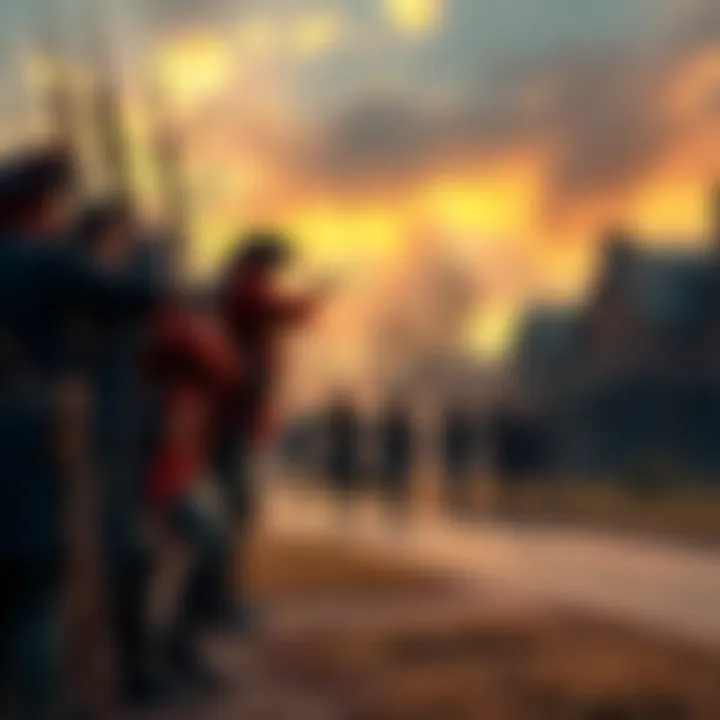Remote Viewing Sparks Debate on Revolutionary War Origins | American History Meets Unexplained Phenomena
Edited By
Anita Raj

A recent inquiry into the origins of the American Revolutionary War has ignited a lively debate online, drawing responses from various forums. Central to this discussion is a question: Who fired the first shot—British Redcoats or American Minutemen? The query highlights a persistent uncertainty that remains decades later.
Context and Significance
The call for remote viewing, a practice aiming to perceive events beyond the scope of normal sensory capabilities, probes a historical conundrum. The significance lies in the intersection of contemporary fringe theories and historical events, challenging how we understand our past.
Key Themes from the Discussion
Time and Space in Remote Viewing
Many participants emphasize that remote viewing transcends traditional boundaries of time and space. One comment suggested that it "erases the dimensions of time and space," indicating a belief in its potential to reach inaccessible historical events.
Verification Challenges
Despite the intriguing aspects of remote viewing, a notable skepticism exists regarding its reliability. A comment outlined, "RV doesn't prove anything on its own." This sentiment suggests that any findings require ground verification, especially for events dated hundreds of years back.
Perspectives on the First Shot
Participants shared conflicting views on what they believe to be the first shot. One comment claimed, "That was an American shot," supporting the notion that American troops acted independently during the conflict's outset.
"It still takes normal research to investigate session data," a participant pointed out, emphasizing the need for solid evidence.
Sentiment Analysis
While the comments feature a mixed sentiment, the underlying tone oscillates between curiosity and skepticism. The desire to explore unconventional avenues is palpable, but there is underlying caution about their authenticity.
Key Takeaways
🎯 Historical Debate: Voices in forums call attention to the ambiguity surrounding the Revolutionary War's first shot.
📜 Skepticism on RV Findings: Participants echo the need for conventional evidence in confirming remote viewing results.
🗣️ "It still takes normal research to investigate session data" - Expresses the need for verification in unconventional findings.
As discussions continue, it remains to be seen whether these remote viewing attempts will alter our historical understanding or simply fuel more speculation.
